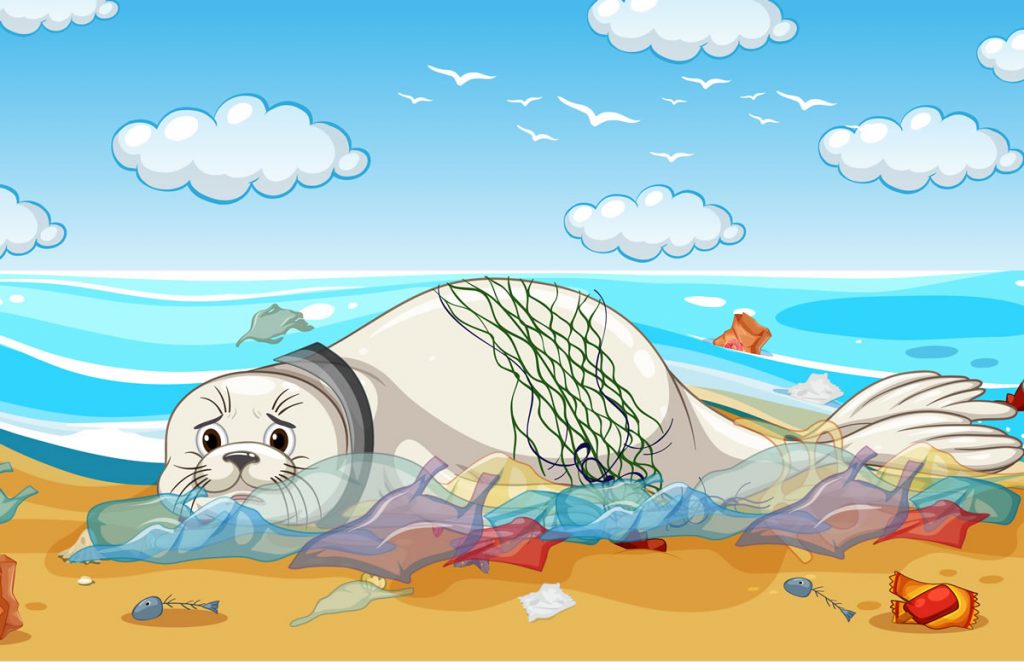Some of the things we do in life unfortunately cause a lot of damage to the planet. For example, when we dirty the water, the soil, the air … When that dirt grows a lot and becomes very abundant and noticeable, we speak of pollution.
But what is pollution and what are the consequences ? Human beings obtain the oxygen we need to breathe from the air, but that air, when dirty, contains elements called “pollutants” that can be harmful to health and the environment. And how does pollution take place? Pollution occurs when certain acts end, as we saw, dirtying nature ( something arises in the environment that is harmful or even poisonous to living beings ), that is why they are different environments (land, water, air …) those that may be affected by this phenomenon. For example, airborne smoke or dust is a type of pollution and can be harmful to our lungs and / or cause allergies.
Types of pollution
There are different types of pollution: air pollution, water pollution, noise pollution … Now read carefully two of the most important examples:
- Air pollution. Trucks, cars, buses, traffic jams … cause emissions of toxic gases through the exhaust pipes, which are released into the air. This type of air pollution is very harmful and has a huge impact on global warming. As a result, air pollution can lead to increased temperatures, erratic rains or droughts around the world, making it difficult for living organisms to survive.

- Water pollution . Water can be contaminated in many ways: with cleaners, paints, chemicals … and it is a very dangerous pollution, because in addition to damaging the environment it can generate additional health hazards, including the water we drink. Water pollution, therefore, is due to the presence of harmful materials in it, which can also come from waste water, dissolved metals, waste from farms, factories, oil tankers … The three main substances that pollute water They are nitrates from fertilizers, wastewater (they contain germs and viruses) and detergents, although nowadays the amount of wipes that are used for hygiene and flushed down the toilet has also become very important. We must also not forget that chemical and residual discharges into the oceans can cause the death of many marine species, which also directly affects human beings (for example, when we eat fish).
Effects of contamination
Fortunately, as pollution grows, so do the ways to combat it. Solar energy and wind energy give people other ways to power their homes in a way that is much safer for the environment. When people use these alternative forms of energy , they release less carbon dioxide into the environment.
As long as people live on earth, there is no way to completely stop pollution, but we can do many things to try to stop it and improve air quality, such as those renewable energies that we discuss or recycle. Plastic, paper, glass, and other materials can sometimes be recycled or turned into something else, so we should always find a place to recycle something before throwing it away .
We must be aware that many of the activities we do every day generate pollution, and pollution occupies space on earth. Many of the things that people use every day come in packages, such as food, games, school supplies, electronics … and these packages end up in large underground landfills taking a long time to disappear. These landfills also make the land unhealthy, neither for animals, nor for people, nor for the environment in general.
Pollution causes very serious problems to our health , so it is very important that we become aware of our footprint on the earth and that we know all the things we can do to reduce it and protect life on our planet. Let’s do it!












































































































Recent Comments